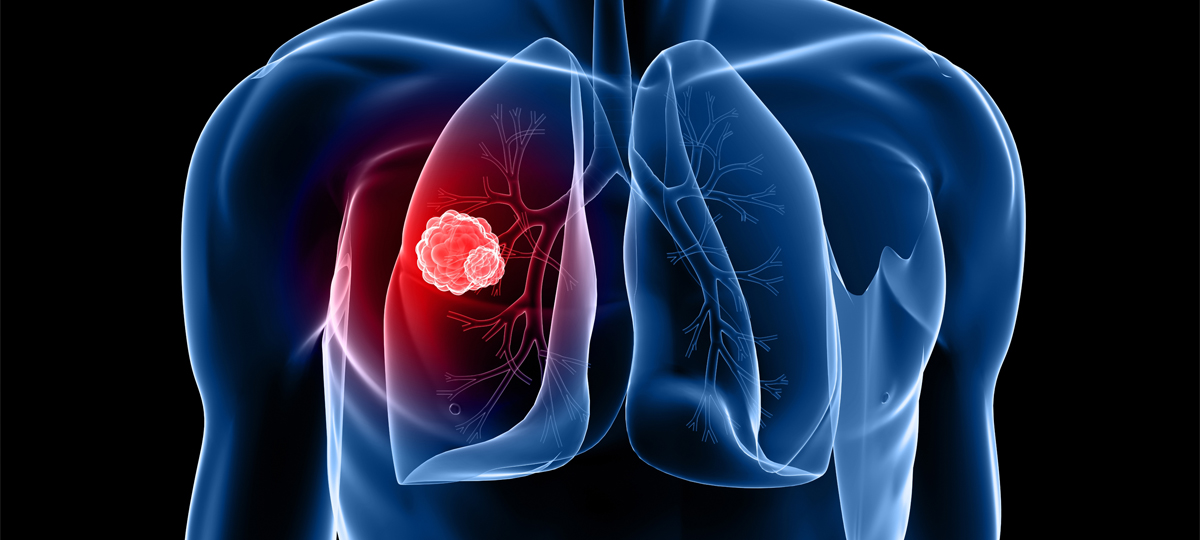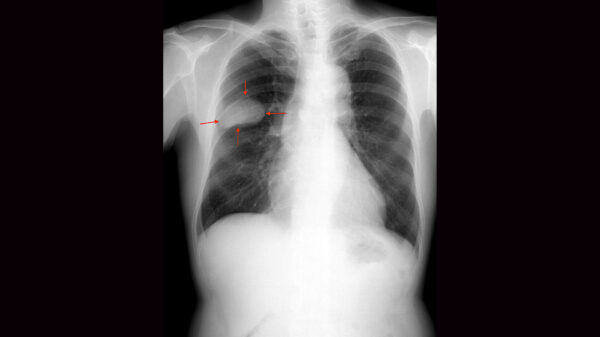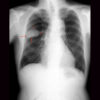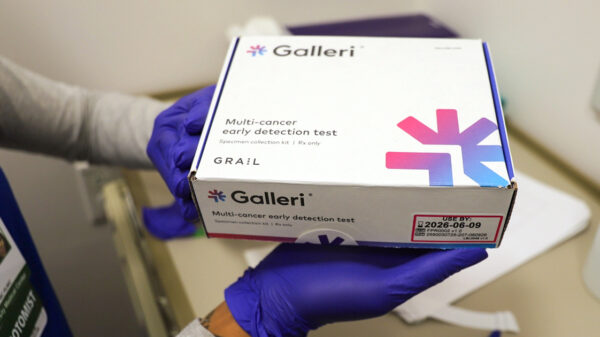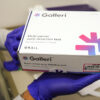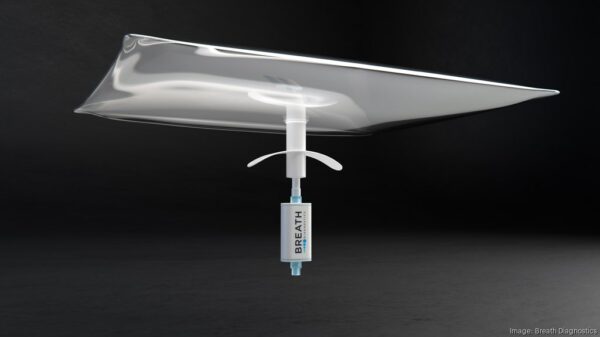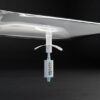After years of efforts from patients and other advocates, Australia will finally be getting its first national lung cancer screening initiative next month.
Like other programs throughout the globe, it will focus on examining older citizens with a history of smoking. They will receive low-dose CT scans — the current gold standard for detecting the disease.
The program’s aim is to detect 1,500 more cases per annum than previous years and save 12,000 Aussie lives within 10 years. More Australian women die from the disease than breast cancer and more men in the country succumb to it than prostate cancer. The five-year survival rate among residents is a mere 26 per cent.
In an interview with ABC Australia this week, Lung Foundation Australia CEO Mark Brooke said he was optimistic that the initiative would bring much needed hope like breast, colorectal and cervical cancer screening campaigns have.
“Cancer screening programs have transformed those cancers to where most are now diagnosed at early stages, and that’s our fervent hope for lung cancer,” Brooke stated in the interview. “Lung disease and lung cancer are significant contributors to Australia’s burden of disease at approximately 11 per cent yet government investment is estimated to be only 2.5 per cent to 3.5 per cent of total expenditure,” he added on social media.
Brooke also pointed out that late detection not only diminishes survival chances, but also costs alot of money.
“It costs nearly AUD$60,000 per patient to diagnose them at stage 4 and up to AUD$17,000, depending upon the treatment, for patients being diagnosed at stage 1.”
Read more: Breath Diagnostics now offering a compelling investment opportunity
They’ll be sending vans into the Outback
The program will see that Indigenous and remote communities get prioritized. Screening vans will be deployed to isolated locations throughout the country.
About 9,000 Australians die from lung cancer every year.
“Come on Australia, we can do better!” commented local Stage 4 lung cancer patient, Let’s cure lung cancer and improve the survival rates like we have for other common cancers such as breast cancer, which now has a 91.5 per cent 5-year survival rate.”
There’s just one problem with the screening van plan though. Low-dose CT scans are a questionable, cumbersome technology that exposes patients to radiation while often providing false positive results that lead to unnecessary follow up.
Thankfully, new screening modalities are emerging that have the potential to make diagnostic initiatives more efficient while eliminating the need for vans and trucks that transport heavy low-dose CT equipment.
Breath Diagnostics is a standout in this regard. This medical technology creator has developed a highly-accurate breath test with the potential to revolutionize lung cancer screening worldwide. Those interested in having a stake in the future of respiratory disease detection currently have the opportunity to buy shares of the company.
Read more: Breath Diagnostics gives the public the chance to join the fight against cancer
Follow Rowan Dunne on LinkedIn
rowan@mugglehead.com

